
Peach Blossom Press specializes in translations from Chinese and Japanese literature and poetry in general. All titles are available on Amazon in paperback format.

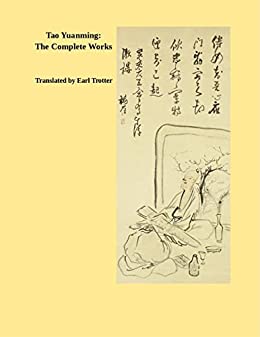
Tao Yuanming (365-427), also known as Tao Qian, is one of the greatest of Chinese poets. Living in the Jin dynasty, a time of turmoil, he sought retirement back near his hometown, on a farm. His most famous pieces reflect this although he did write on a variety of themes. This book translates all his poetry and prose and is accompanied by the Chinese text in traditional characters. There are footnotes for most of the direct allusions in his work. The paperback version has English and Chinese on facing pages. Ebook available.
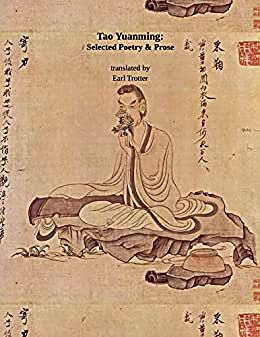
Tao Yuanming (365-427), also known as Tao Qian, is one of the greatest of Chinese poets. Living in the Jin dynasty, a time of turmoil, he chose a life of retirement. His most famous pieces reflect this although he did write on a variety of themes. This book translates his pieces, closely following the original but in a freer format.English only. Ebook available.
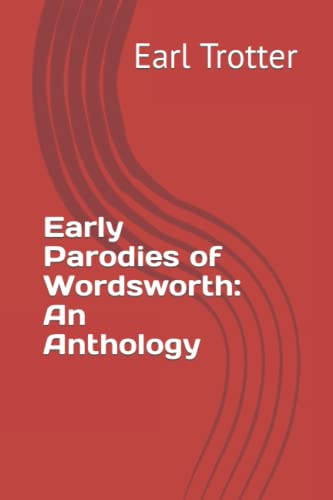
This collection brings together 72 early parodies of Wordsworth. Each selection has a brief introduction and references for further study. Many of these pieces appear for the first time in a modern edition and most are full length including long pieces. Hardcover available.
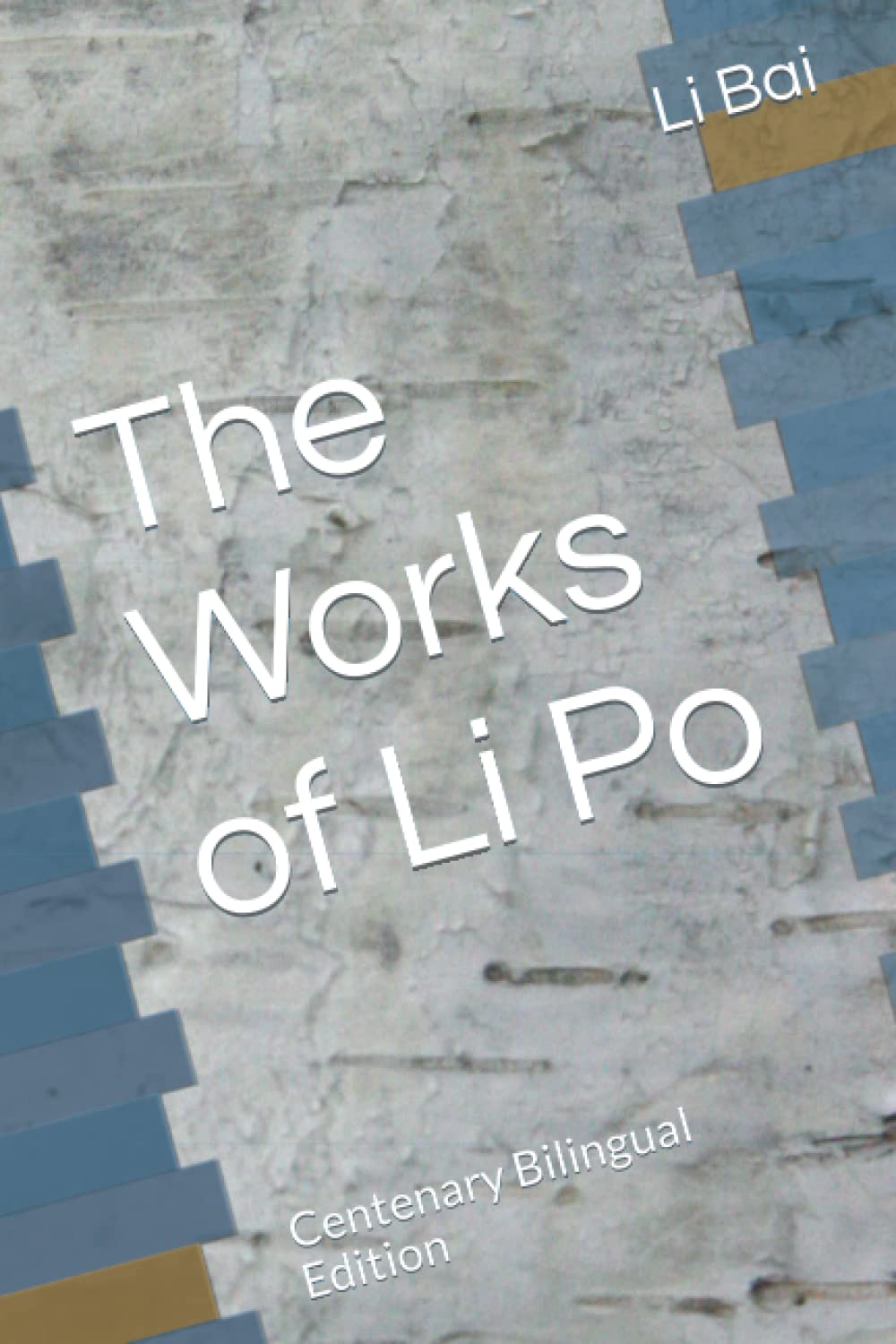
This book is a centenary reissue of Obata’s noted translation of China’s great Tang poet, Li Bai, (Li Po), published in 1922. Chinese names have been updated to pinyin and the text in Chinese characters has been added on facing pages.
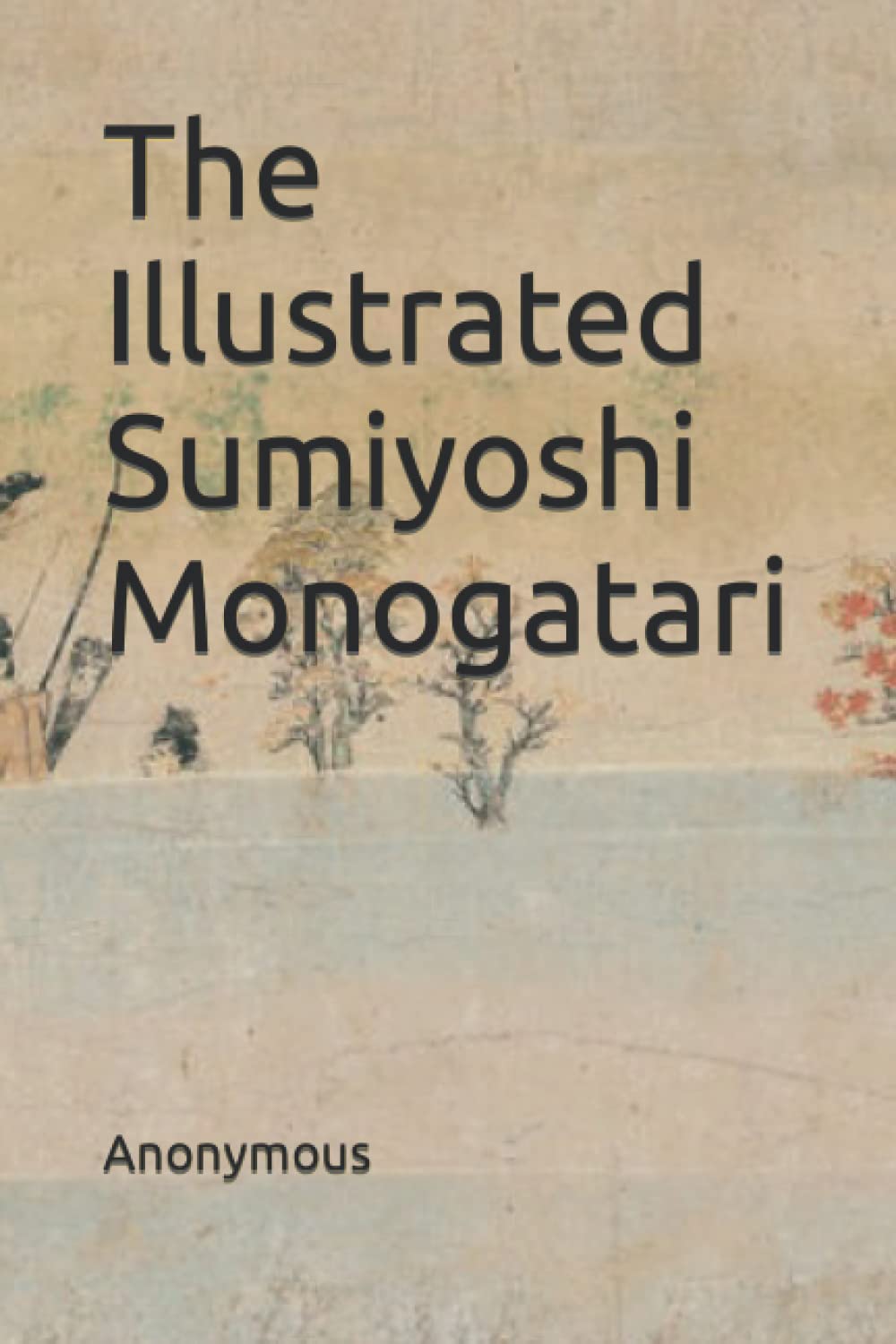
The Sumiyoshi Monogatari is a Heian Cinderella tale of a stepdaughter who flees a wicked stepmother to Sumiyoshi. The work is very lyrical and influenced Genji Monogatari. Colour illustrations are included along with an introduction and reading list.
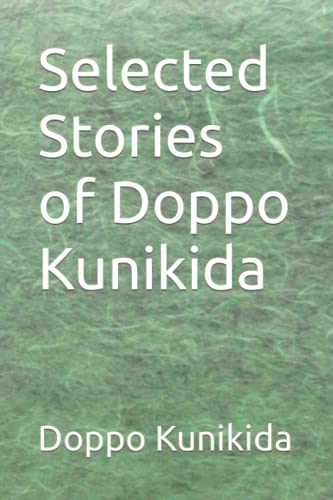
Doppo Kunikida (1871 – 1908) was a famous Japanese short story writer. This translation of eleven stories was done in 1917 by Mitobe Mono. About six pieces have never been translated since. The Japanese text of two stories is included.
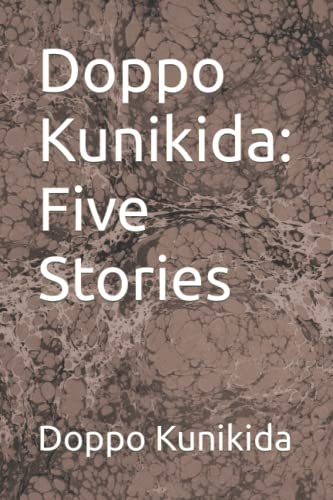
Doppo Kunikida (1871 – 1908) was a famous Japanese short story writer. This translation of five stories was done in 1910/6 by Arthur Lloyd, the first done into English. The first story has the original illustrations and Japanese text.
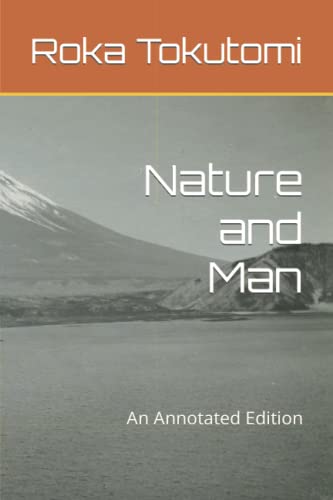
Tokutomi Roku (1868 - 1927), a very popular writer of Meiji Japan, published Nature and Man in 1900. A miscellany, most of the work consists of short sketches, usually centring on nature, influencing generations of Japanese.
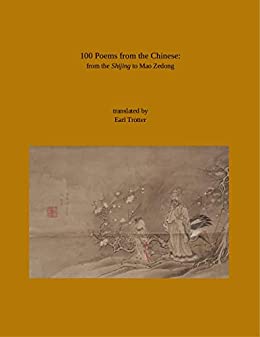
100 Poems from the Chinese spans more than 2500 years. The reader will get a flavor of Classical Chinese poetry in its many manifestations. There are overviews of the dynasties as well of the individual poets. The original poems, in traditional Chinese characters, are included. Ebook available.
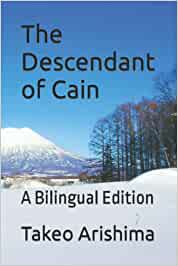
The Descendent of Cain is a bleak story of a man struggling to make ends meet in the frontier area of Hokkaido. He struggles against nature, society and himself. He is a larger than life anti-hero; reprehensible but human.
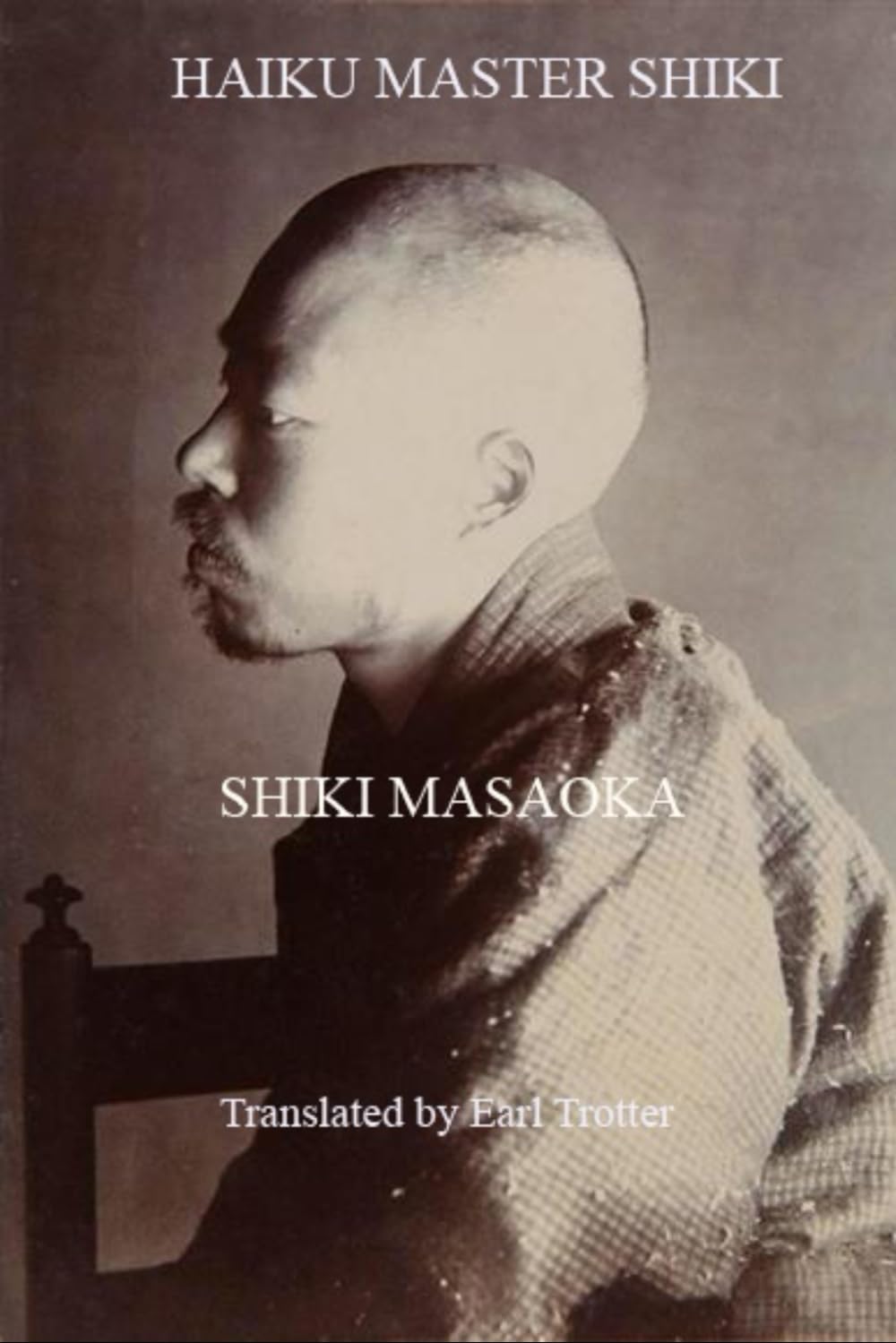
Haiku Master Shiki presents over 1200 haiku, along with the original Japanese text, by Masaoka Shiki (1867-1902). Shiki revived haiku and set the foundation for future developments of the genre.
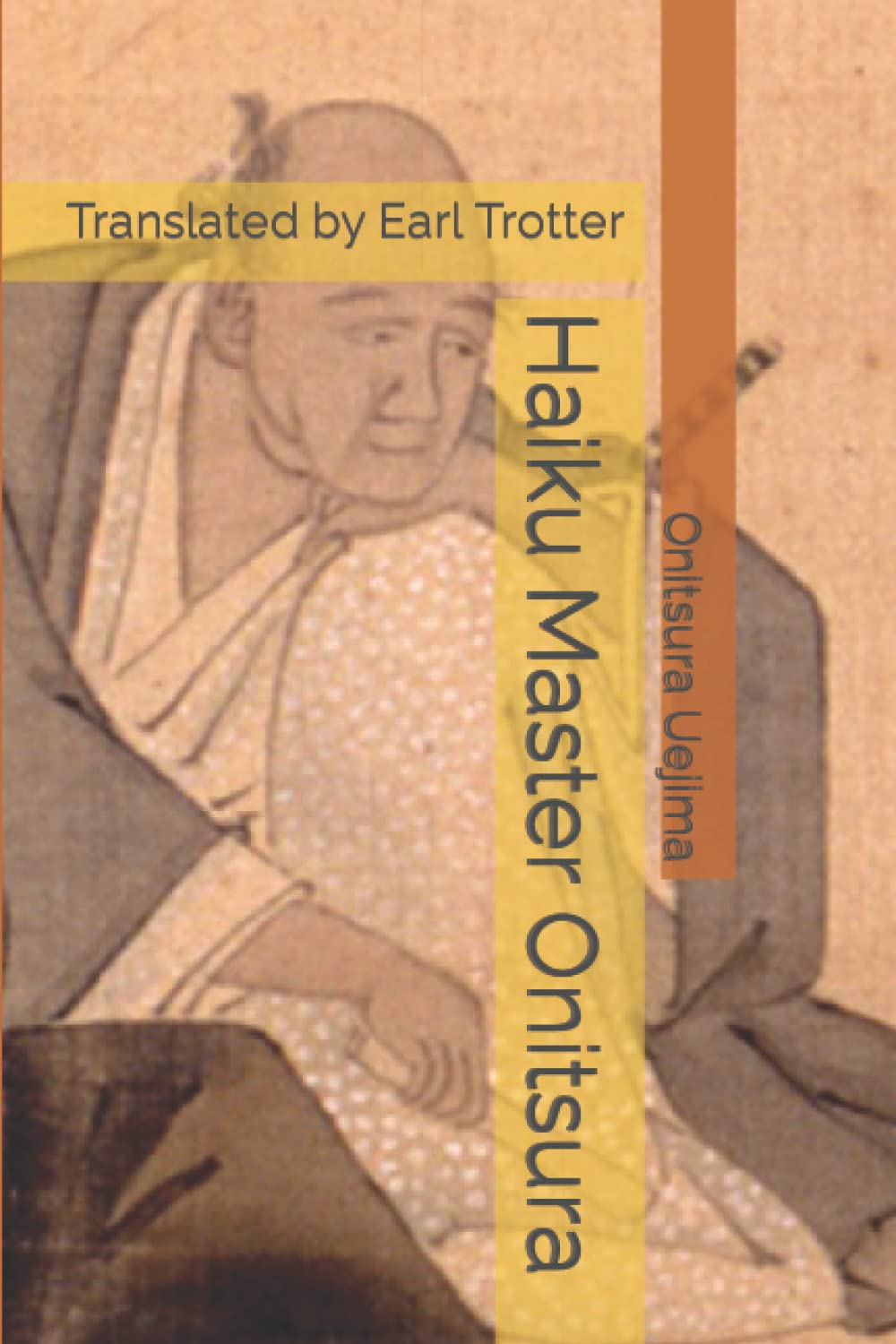
Haiku Master Onitsura presents over 400 haiku, along with the original Japanese text, by Onitsura Uejima (1661-1738). Onitsura's haiku and his theory of makoto helped reshape the genre.
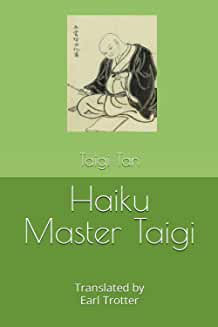
Haiku Master Taigi presents over 700 haiku, along with the original Japanese text, by Taigi Tan (1709-1771). Along with Buson, he headed the Basho revival, revitalizing haiku in 18th century Japan.
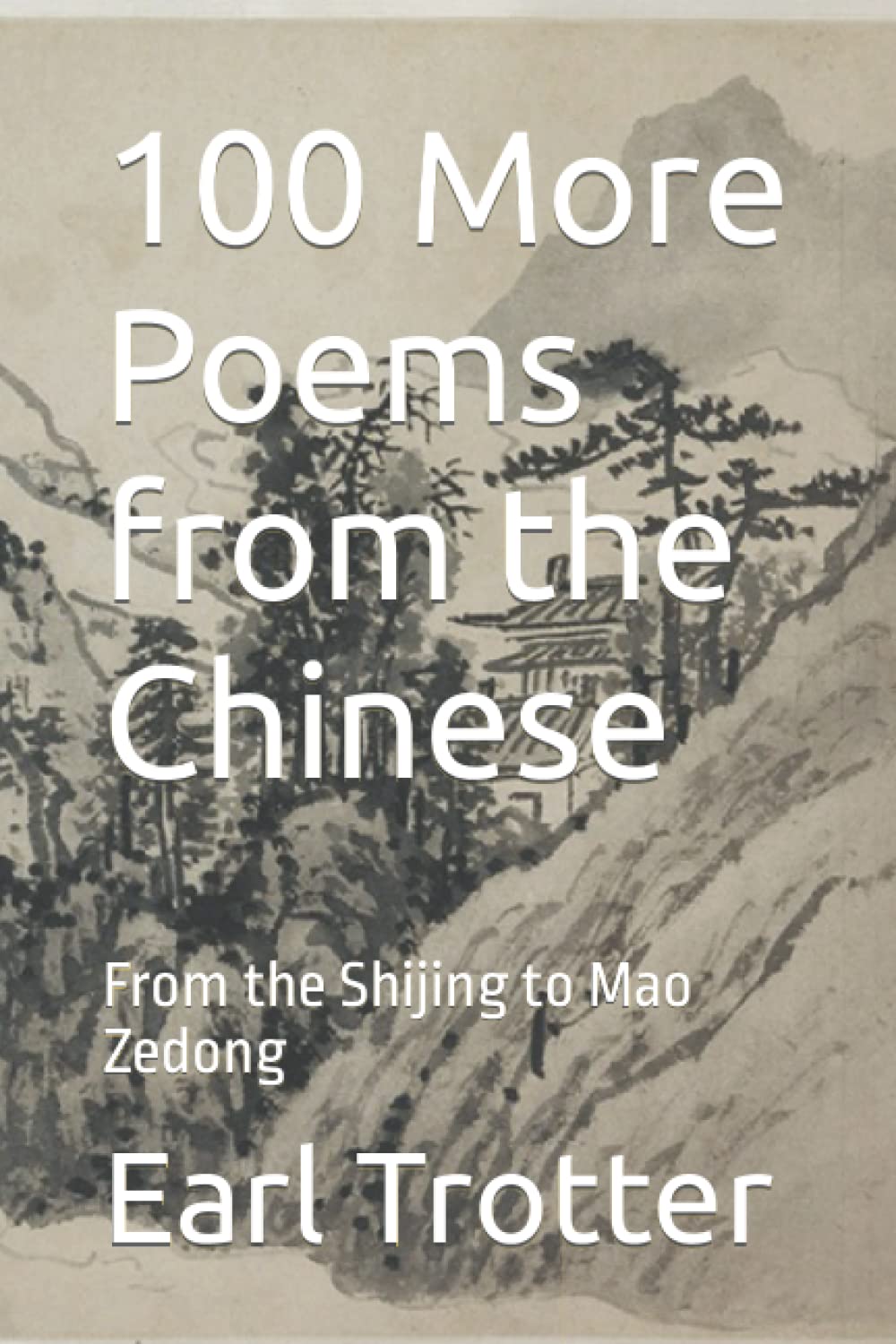
100 More Poems from the Chinese spans more than 2500 years. The reader will get a flavor of Classical Chinese poetry in its many manifestations. There are overviews of the dynasties as well of the individual poets. The original poems, in traditional Chinese characters, are included..
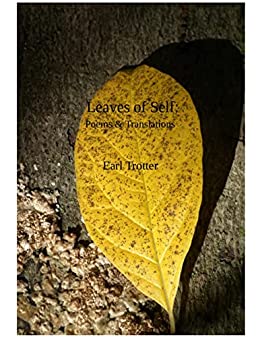
This volume contains forty original poems, some older, some newer, as well as translations of four Classical Chinese poems and, from the Japanese, two poems from the Manyoshu, as well as three autumn haiku. Ebook available.